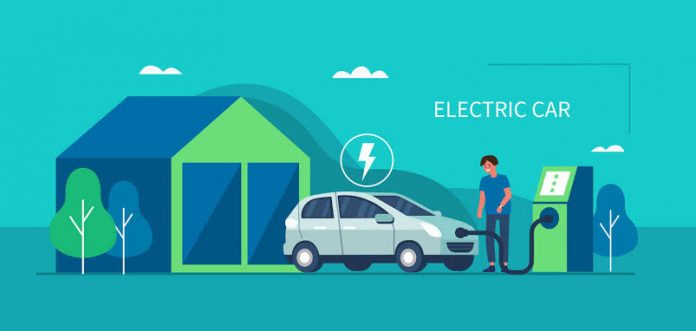The company, which expects to bring 350 jobs to northern Arizona within five years, specifically cited the need to be close to customers who prefer electric vehicles
Can Arizona be turned into a major manufacturing hub of electric vehicles by Lucid, Nikola and ElectraMeccanica?
Chris Camacho, president and CEO of the Greater Phoenix Economic Council, said, “We have the potential to become a massive global leader in emerging auto manufacturing”.
The first Nissans, nearly 40 years ago, rolled off an assembly line in Tennessee, helping to turn a largely rural state with modest manufacturing aspirations into an automotive powerhouse.
Now annually, Tennessee produces more than 800,000 cars and trucks and employs around 123,000 people, with three major auto brands and more than 900 parts suppliers.
The Arizona Republic reports that Arizona has commitments from three auto manufacturers and has made significant headway over the past three years.
But unlike the three major manufacturers in Tennessee — Nissan, General Motors and Volkswagen — Arizona’s three vehicle producers are all start-ups, and they’re all engaged in electric vehicles.
Lucid has made an announcement about its Casa Grande factory which is complete and this spring, the factory will begin producing tens of thousands of electric vehicles (cars).
In nearby Coolidge, Nikola Corp. is building a factory, where it will produce electric vehicles, majorly electric and hydrogen powered heavy trucks.
At a plant near Phoenix-Mesa Gateway Airport, ElectraMeccanica, will start assembling three-wheeled, one-seat electric vehicles (cars) not much bigger than motorcycles.
Whether all the companies can get commercial production up and running is the next big question.
After that, the big test will involve suppliers and whether Arizona can attract them in sizable numbers to transform the state into an auto manufacturing hub of electric vehicles.
A familiar pattern could develop if Arizona follows in the footsteps of Tennessee and other auto-rich states.
“You’ll see a whole bunch of different types of suppliers locate next to a plant”, said Dale Rogers, a supply-chain professor at Arizona State University who has tracked similar patterns in his native Michigan and in Nevada, where Tesla built a huge battery plant.
“These economic clusters typically grow up organically over time as there’s demand”, Rogers added.
UACJ Automotive Whitehall Industries, a maker of aluminium bumper assemblies, sunroof guide rails and battery housings, announced in March that it would convert a Walgreens distribution facility in Flagstaff into an auto-parts factory.
The company, which expects to bring 350 jobs to northern Arizona within five years, specifically cited the need to be close to customers who prefer electric vehicles.
Also read:Robots becoming an important part of the marketing industry
Do Follow: CIO News LinkedIn Account | CIO News Facebook | CIO News Youtube | CIO News Twitter






